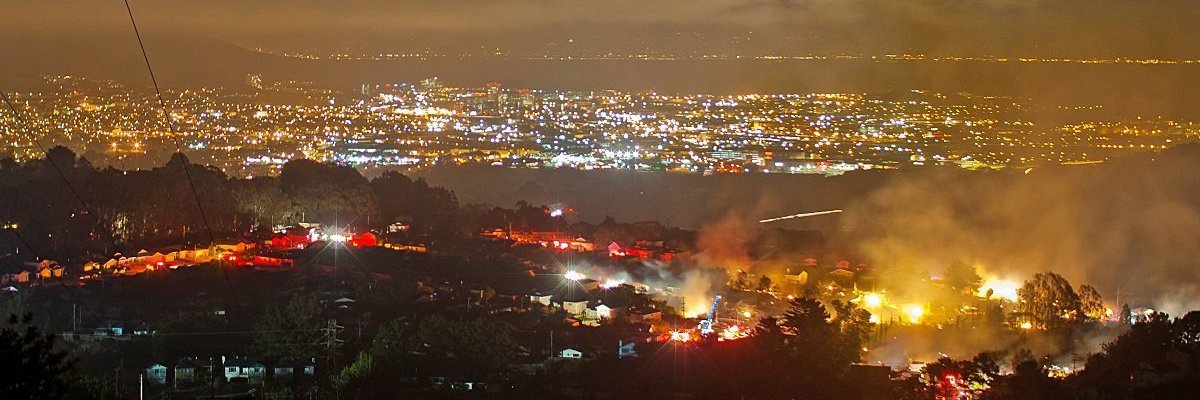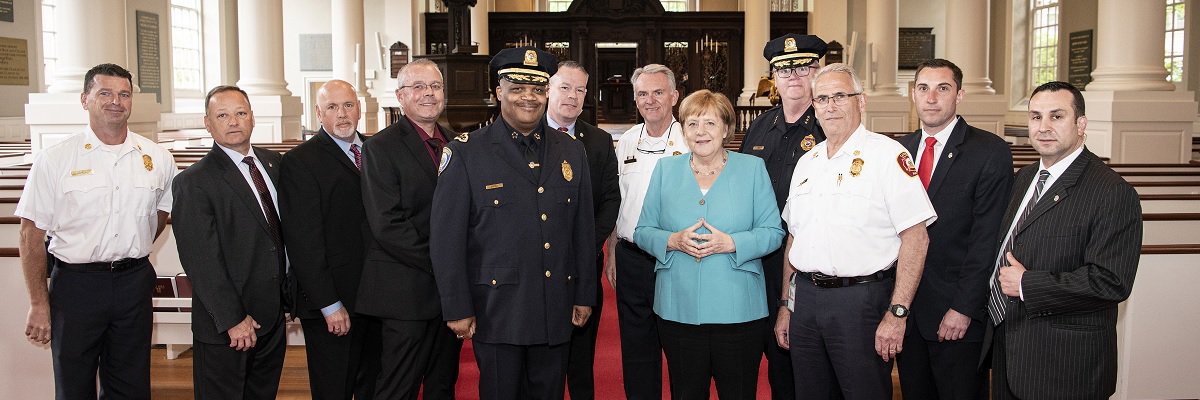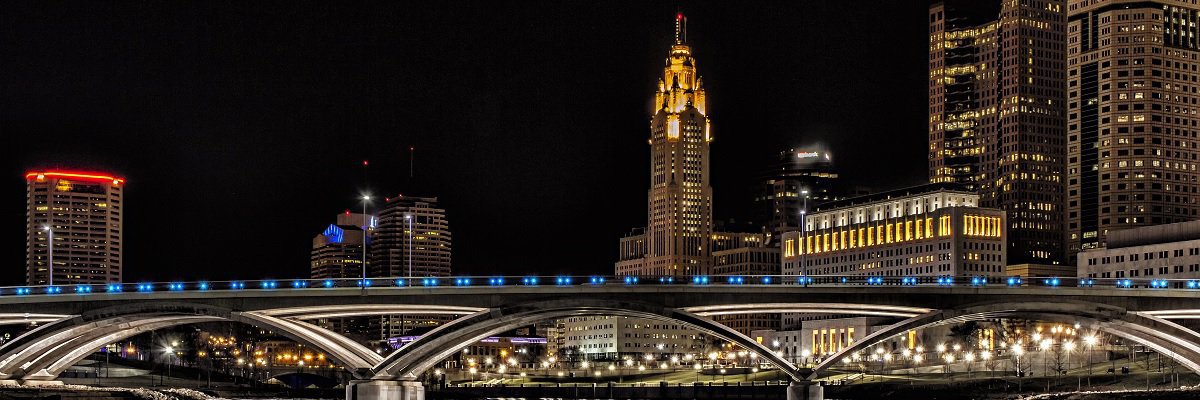All winter, MuckRock has been reporting on gas leaks in the state—specifically, that legislative measures taken to fix them and prevent their consequences will remain impotent if they aren’t utilized, or even just more widely known.
That’s where you can help.
Passed by the state legislature last year, the law offered up a few avenues by which towns and gas companies can cooperate on fixing gas leak-related waste and risk. It requires a uniform classification system to be used by all gas companies, allowing for a common vocabulary regarding the severity of leaks. It requires that gas companies provide materials related to the locations of known leaks and permits municipalities to ask for that information, aiding in their repair preparation. And it requires that notification be provided to companies prior to official public way projects, allowing the companies, in turn, to provide replacement schedules for known leaks in the area. MuckRock has asked dozens of towns in the greater Boston area for materials obtained via the new law.
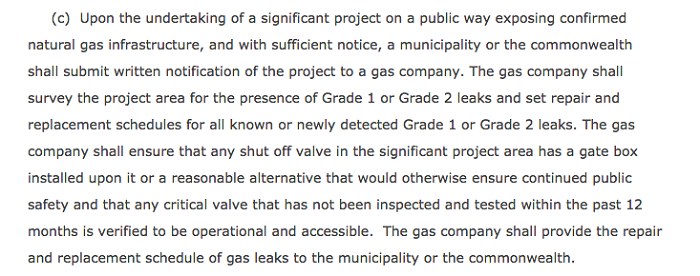
In general, responses to MuckRock’s requests indicated a lack of understanding about the law’s existence; a request to the Department of Public Utilities turned up only one request made for the materials. Now we want to ask every town in the state: are you using this law to treat gas leaks? And if not, then what are you doing?
Even if you’re still shaking the snow and wintertime solemnity off, take a moment to consider:
• In a report commissioned by Senator Edward Markey and released in August 2013, in Massachusetts alone, “at least 99 billion cubic feet of natural gas was ‘lost and unaccounted for’ in Massachusetts from 2000-2011.” Pipes tasked to bring natural gas from point A to point B released somewhere in the range of $640 million-$1.5 billion in gas into the world. Per person, the report estimated that customers with Boston Gas (part of National Grid), New England Gas, NStar Gas (now Eversource), and Essex Gas “each paid over $370 to $875 on average in lost and unaccounted for gas costs from 2000-2011.” Nationally, the estimated worth of lost gas in that same period was $20 billion.
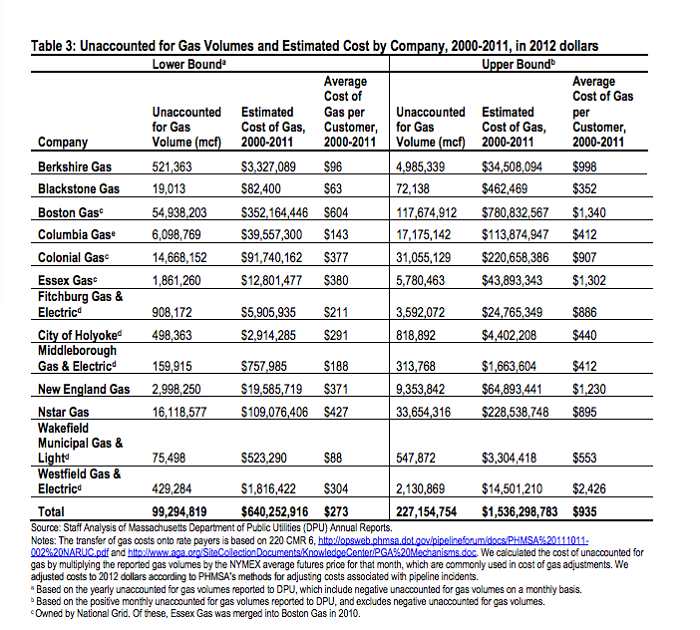
• There are immeasurable environmental effects caused by the haphazard release of natural gas into the ground in air, but not all of them are so intangible. For one, check out the relationship between gas leaks and the “random” death of trees.
• A gas leak contributed to last month’s explosion of a building in Manhattan, where the infrastructure suffers the same wear of age as it does further up the coast. That seemingly spontaneous, albeit preventable, explosions can occur in one of the most densely populated areas of our country is an issue of national security, where the consequences of a lack of intelligence and actionable information can be just as destructive as malicious deeds.
 Image by Adnan Islam via Wikimedia Commons and is licensed under CC BY-SA 2.0
Image by Adnan Islam via Wikimedia Commons and is licensed under CC BY-SA 2.0
• The potential loss of property and human lives is an inestimable figure.
Some towns already have some sort of efficient system in process. Cambridge’s approach to public works has been held up by certain groups as an example to follow. But others may not be so proactive; on a recent episode of Last Week Tonight with John Oliver, he discussed the ubiquitous issue of American’s aging infrastructure, which has been falling to pieces because taking care of stuff you have is not as fun as just making new stuff. Unfortunately, that’s not a good excuse for the people expecting the job to get done.
So what can a citizen do if the officials in charge seem to be resting on their laurels? Sometimes, it’s enough to just ask what is being done. Public records can be used by ordinary citizens to hold their communities accountable. And we’d like to help.
Does your town have plans to repave its roads? Have they told any relevant gas companies? Do they plan to do so? These are all questions that your rights as an American citizen entitle you to have answered in some way.
We’ve created this request for you to clone and send to your local officials. Tweak the language, save it as a draft, and let us know at info@muckrock.com - we’ll send it off for you free of charge. If there’s a construction area near you, we can help you find out what gas lines are there and what communications were officially sent to the company in preparation.
We’d love to help you dig up your own information about how infrastructure issues are being taken care of in your community. Get involved in your community. Ask something.
Image by MisterOh via Wikimedia Commons and is licensed under CC BY-SA 3.0
